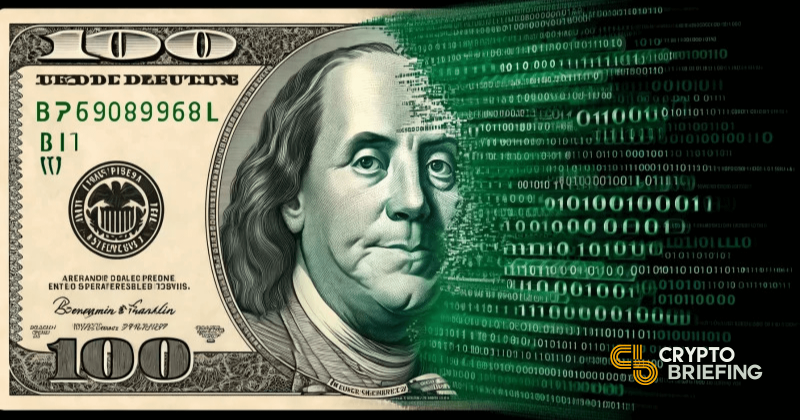Key takeaways
- AIIB’s first blockchain-backed digital bond matures in 2027.
- Citi and BMO are acting as dealers and facilitators for the AIIB’s $300 million bond offering.
Share this article
The Beijing-based Asian Infrastructure Investment Bank (AIIB) has raised $300 million in its first bond offering using blockchain-based technology from Euroclear, the same blockchain platform used by the World Bank.
The AAA-rated bond offers a 4% coupon and matures in January 2027. It was issued on Euroclear’s distributed ledger platform (DLT). This is the first time an Asia-based institution has used the blockchain-based system for bond issuance, and the first US dollar-denominated digital bond on the platform.
Citigroup Inc. and BMO Capital Markets played key roles in the transaction, with Citi handling the distribution and settlement processes between the issuer and investors. BMO Capital Markets acted as co-dealer alongside Citi, which also acted as issuing and paying agent.
AIIB Treasurer Domenico Nardelli said the bank would assess secondary market demand before considering further digital bond sales in the coming year. This cautious approach reflects the nascent but growing nature of digital bonds in the fixed income market.
The AIIB’s successful issuance follows a trend of other major institutions exploring blockchain-based bond issuances. Notable examples include the World Bank and the European Investment Bank, both of which have conducted similar digital bond sales in recent years.
This development represents an important step in the integration of blockchain technology into traditional financial markets. By leveraging distributed ledger technology, institutions like the AIIB can potentially improve transparency, reduce operational risks, and improve the efficiency of bond issuance and trading processes. As more institutions adopt blockchain-based technologies, these developments could lead to broader changes in the functioning of global fixed income markets.
Crypto Briefing recently explained how the growing adoption of tokenized funds, driven by investments in government securities and highlighting increasing efficiency in asset investing.
For example, Citi, Mastercard and JPMorgan recently experimented with tokenizing a private equity fund through a shared ledger for asset settlement, recognizing vast improvements in automation and data standardization in traditional financial models.
On the bond front, Metaplanet Inc., a Japanese company, recently announced plans to purchase $6.3 million worth of Bitcoin. through a bond issue, thereby significantly increasing the price of its shares.
Share this article





